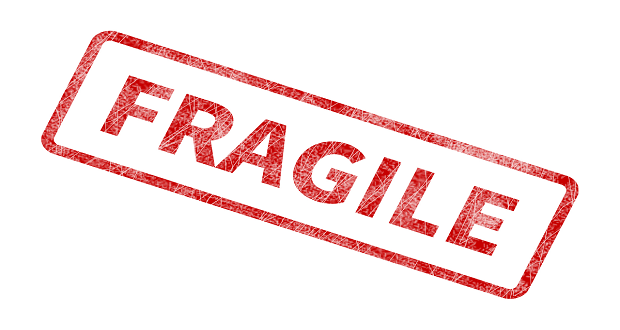
Last week tech icons Apple and Facebook announced a new benefit, “egg-freezing”. A technology that experts admit is fairly new and has some known risks, has been added as a benefit because employees want it according to the companies. They are offering this benefit to both women and their spouses to provide them with more options for career/life balance.
I really did not see this one coming and I must admit that I was shocked. Maybe because I am a Baby Boomer and the idea of egg-freezing during my child bearing years had never even been heard of at least not by the majority of the public. Our answer to delaying child bearing was the birth control pill.
It seems that as the pill has been, egg-freezing is a new way to maintain the status quo in the work world. The women are the ones who are doing the “adapting” if you will, while corporate cultures go unchanged as it relates to the attitudes about what commitment and dedication look like and what it takes to advance in one’s career.
It has been well documented that women who take time out of their careers for child bearing and rearing end up being penalized and lag behind their male counterparts in pay and upward mobility. For example, research shows that women’s earnings drop by 7.5 percent with a first child and 8 percent with a second. Some have dubbed this the “baby penalty”.
I also wonder if this policy will foster an “us and them” mentality exacerbating the issues of exclusion and inequality. Will women who freeze their eggs have an advantage in promotions and assignments moving up the corporate ladder faster than those who do not?
Maybe the inclusion solution lies in changing polices in the United States starting with maternity and paternity policies. The United States is only one of three countries (along with Liberia and Papua New Guinea) in the developed world that does not require employers to pay for maternity and paternity leaves. For example, in the UK, female employees are entitled to 52 weeks of maternity (or adoption) leave, 39 weeks of which is paid, planned to rise to 52 weeks paid, with the first six weeks paid at 90 percent of full pay and the remainder at a fixed rate.
But the tide may be turning in the United States as well. Change.org, a website that allows users to create petitions, just announced this week that it will be enhancing its family leave policy, increasing the paid time an employee can take for the arrival of a new child from six weeks (which is pretty standard) to 18 weeks. Parents of both genders, as well as those who have a child through childbirth or adoption, will be eligible for the leave.
In a post on CNN opinion authored by three women academicians who are experts in these matters, the following conclusion is offered:
Egg-freezing may be an optimal choice for some women, but it is not a solution to the overwhelming pressures that result from companies requiring long work hours and constant availability. Instead, we must demand policies that have been demonstrated to alleviate the strain for mothers and fathers alike: a living wage, reasonable work hours, paid parental leave, and child care. Freezing eggs simply defers the pressures of today to tomorrow.



















In the book “Off-ramps and On-ramps,” written in 2007, the book discusses the rise of high-pressure long-hour jobs, and the ways in which these careers continue to favor the traditional male breadwinner.
One of the women interviewed commented that she would jump ship instantly to a company that offered to freeze her eggs.
I think it likely that these companies read that book.
Now, you raise excellent questions. Google has gone the route of offering 6 months paid maternity leave, which helps retain women.
However, the data from the Scandinavian countries show that even in more egalitarian cultures, USING maternity leave still carries a penalty.